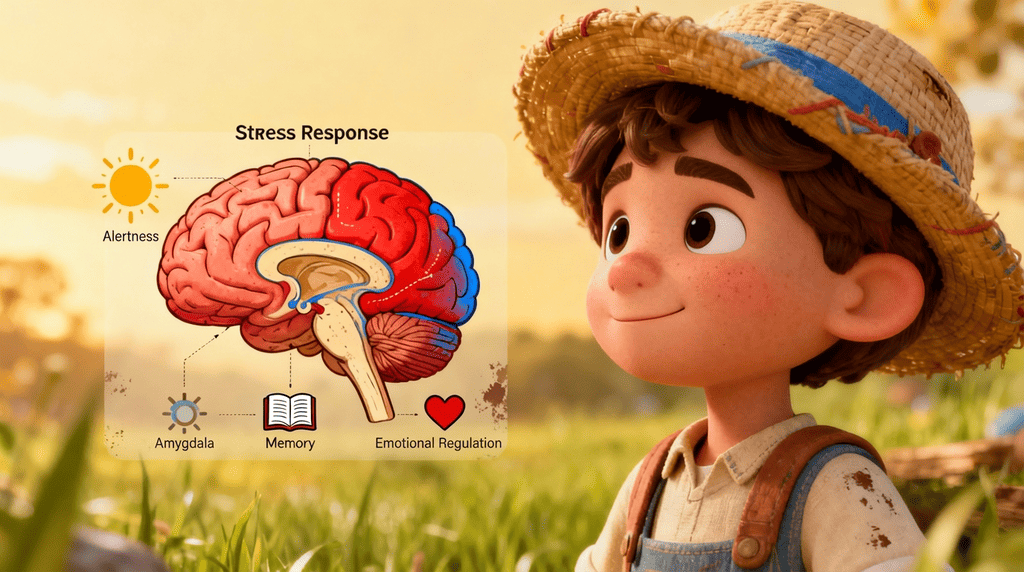Importance of Multidisciplinary Team in CTS
In CTS, the role of a multidisciplinary team is vital to ensuring that people who require complex support receive comprehensive care when transitioning from hospital to home or community settings. These teams bring together a range of health and care professionals, including speech and language therapists, occupational therapists, mental health professionals, and social workers, who work collaboratively to create a person-centred approach. This coordination is key to improving health outcomes and reducing the risk of hospital readmissions, as it addresses physical health, emotional needs and practical support during transitions.
A multidisciplinary team is also instrumental in care planning and coordination, ensuring therapeutic interventions, such as Positive Behaviour Support (PBS), are tailored to the person’s unique needs. By taking a holistic approach that integrates physical, mental, and social care, these teams empower people to actively participate in their recovery journey, enhancing their overall well-being and quality of life. This joint effort, grounded in a deep understanding of each person’s needs, ensures that transitions from hospital to community settings are seamless, reducing gaps in care and fostering long-term well-being.

Responsibilities of Multidisciplinary Teams
Multidisciplinary teams in CTS are critical in ensuring smooth and effective transitions from hospital to community care, especially for people who require complex mental health support. These teams consist of diverse health and care professionals working together to provide coordinated, person-centred care. Their collective responsibility is to assess, plan, and implement interventions that address the person’s physical, mental, and social needs to enhance overall well-being and reduce the likelihood of hospital readmissions.
Comprehensive Assessment
One of the primary responsibilities of multidisciplinary teams is conducting a comprehensive assessment of a person’s health and social care needs. This involves evaluating various aspects of the person’s well-being, including physical health, mental health, communication abilities, and daily living skills. The involvement of professionals from different fields, such as speech and language therapists and occupational therapists, ensures that all relevant factors are considered, providing a holistic view of well-being. This deep understanding enables the team to identify specific risks and areas that require additional support, thereby preventing gaps in care.
A thorough assessment also allows the team to understand the broader context of the person’s life, including their home environment, family dynamics, and any potential challenges they may face in transitioning back to the community. By identifying these factors early in the process, the team can implement proactive strategies that improve health outcomes and ensure long-term well-being.
Personalised Care Planning
Once the assessment is complete, multidisciplinary teams develop personalised care plans tailored to each person’s unique needs. This process ensures that interventions, such as PBS or therapeutic services like occupational therapy, are specifically designed to address the person’s health, social and emotional support needs. Personalised care planning considers the person’s preferences, strengths, and goals, fostering a person-centred approach that empowers them to take an active role in their recovery.
The multidisciplinary team works closely with the individual, their family, and other care professionals to create a care plan that addresses immediate concerns and considers long-term well-being. By ensuring that all aspects of the person’s health, including physical, mental, and emotional, are integrated into the care plan, these teams promote a holistic approach that leads to improved outcomes and quality of life.
Therapeutic Interventions
Therapeutic interventions in Community Transition Services are pivotal in supporting people with complex health needs. Multidisciplinary teams carefully design these interventions and may include speech and language therapy, occupational therapy, and Positive Behaviour Support, among others. Each intervention is tailored to meet the individual’s unique needs, focusing on improving their daily living skills, communication abilities, and overall mental and physical health. Using evidence-based practices, therapeutic interventions like PBS also help reduce behaviours that challenge, helping create a smooth transition back to the community while fostering independence and resilience.
The multidisciplinary team ensures that therapeutic interventions are targeted and flexible, adjusting them as the person’s needs evolve. These interventions aim to empower people by improving their quality of life, promoting positive health outcomes, and enhancing their capacity to manage their physical, mental and emotional health in community settings. These therapies contribute significantly to long-term well-being and recovery by offering integrated care and holistic support.
Education and Training
Education and training are essential to the services multidisciplinary teams provide in CTS. Health and care professionals work closely with care recipients, families, and caregivers to equip them with the knowledge and skills to effectively manage their challenges. This may include training in assistive devices, understanding therapeutic interventions, and strategies for managing mental health challenges. By empowering people and their support systems with this knowledge, the likelihood of hospital readmissions is significantly reduced, and overall health outcomes are improved.
Moreover, education and training extend beyond individuals and families to include ongoing professional development for the care team. Multidisciplinary teams must stay updated with the latest evidence-based practices, ensuring that their therapeutic approaches are effective and aligned with the most current health and social care standards. This continuous learning culture helps professionals deliver high-quality care, fostering positive results for the people they support.
Coordination and Communication
Effective coordination and communication are central to the success of Community Transition Services. Multidisciplinary teams must collaborate seamlessly, ensuring that each professional’s input is considered and integrated into the overall care plan. This includes regular communication between healthcare providers, social workers, and mental health professionals, all of whom play crucial roles in supporting a person’s care. Open and consistent communication helps to address any emerging issues, coordinate interventions, and ensure that the person’s health and social needs are met comprehensively.
Strong communication channels also ensure that the person and their family are informed and involved in the care process. By fostering clear communication, the multidisciplinary team can ensure that everyone, including the care recipient, understands the goals, progress, and any adjustments required for the care plan. This collaborative approach enhances the quality of care, ensures accountability, and leads to better health outcomes.
Improving Overall Well-Being
Community Transition Services’ primary goal is to improve people’s overall well-being as they transition from hospital to community settings. Multidisciplinary teams provide comprehensive care that addresses physical, mental, and emotional health, ensuring people can lead a fulfilling and independent life. The team helps care recipients build resilience, manage their health more effectively, and avoid potential readmissions through personalised therapeutic interventions, coordinated care, and ongoing education.
By adopting a holistic, person-centred approach, these services empower people to take an active role in their recovery. The result is improved health outcomes and an enhanced quality of life, where people feel supported and capable of thriving in their daily lives.
Community Transition Services with Nurseline Community Services
Nurseline Community Services provides comprehensive Community Transition Services designed to support people with complex mental health challenges as they transition from hospital care to living in the community. With a multidisciplinary team of health and care professionals, including speech and language therapists, occupational therapists, and mental health specialists, we provide a person-centred approach that meets each person’s unique needs. These services focus on delivering holistic care, addressing both the physical and emotional aspects of recovery while promoting long-term well-being and independence.
At Nurseline Community Services, our team works closely with families and local health services to ensure smooth transitions. We offer tailored therapeutic interventions such as Positive Behaviour Support to help people build resilience and manage their challenges effectively. From discharge planning to ongoing support, we are committed to reducing hospital readmissions by providing the right care at the right time. By empowering people with the necessary tools and support, we help them thrive in their home and community settings.
For more insights into how Nurseline Community Services is making a difference, witness our case studies showcasing real-life examples of people we’ve supported through their transition journeys.
Discover how our Community Transition Services can help your loved ones achieve better outcomes. Get in touch today to learn more about our tailored support solutions.




